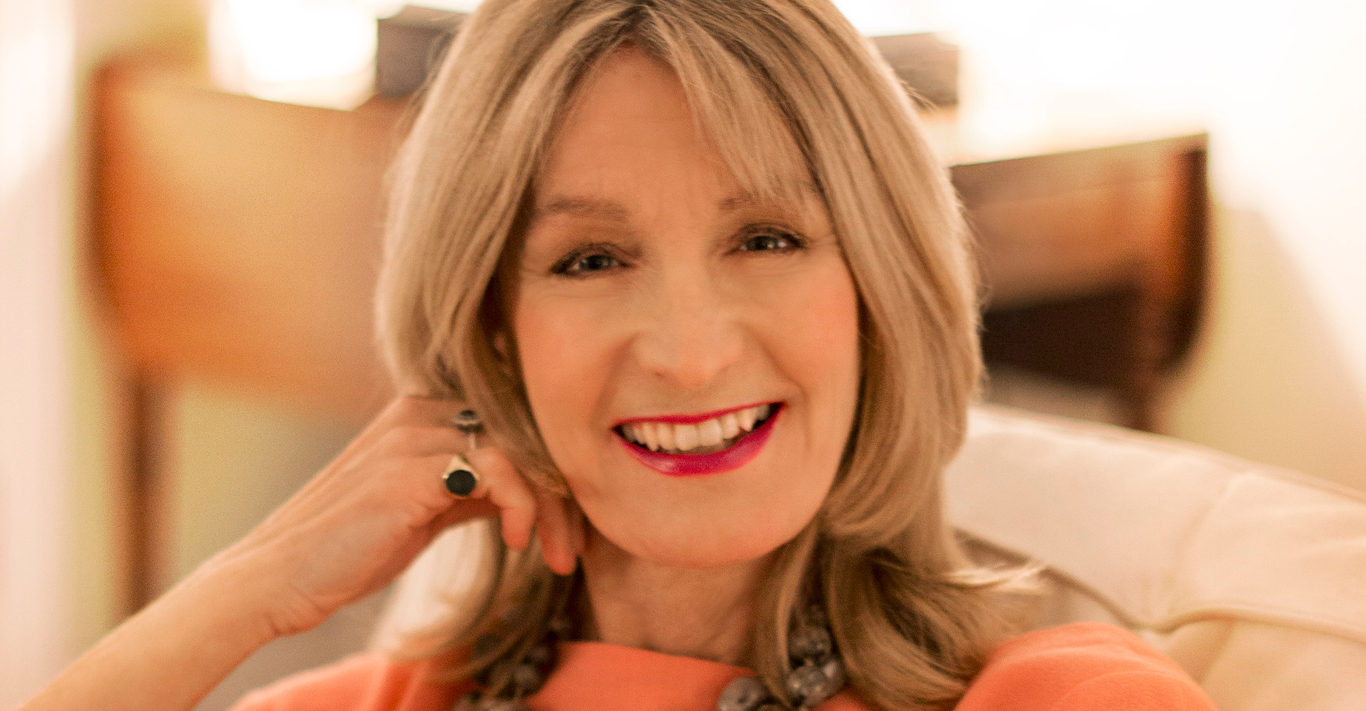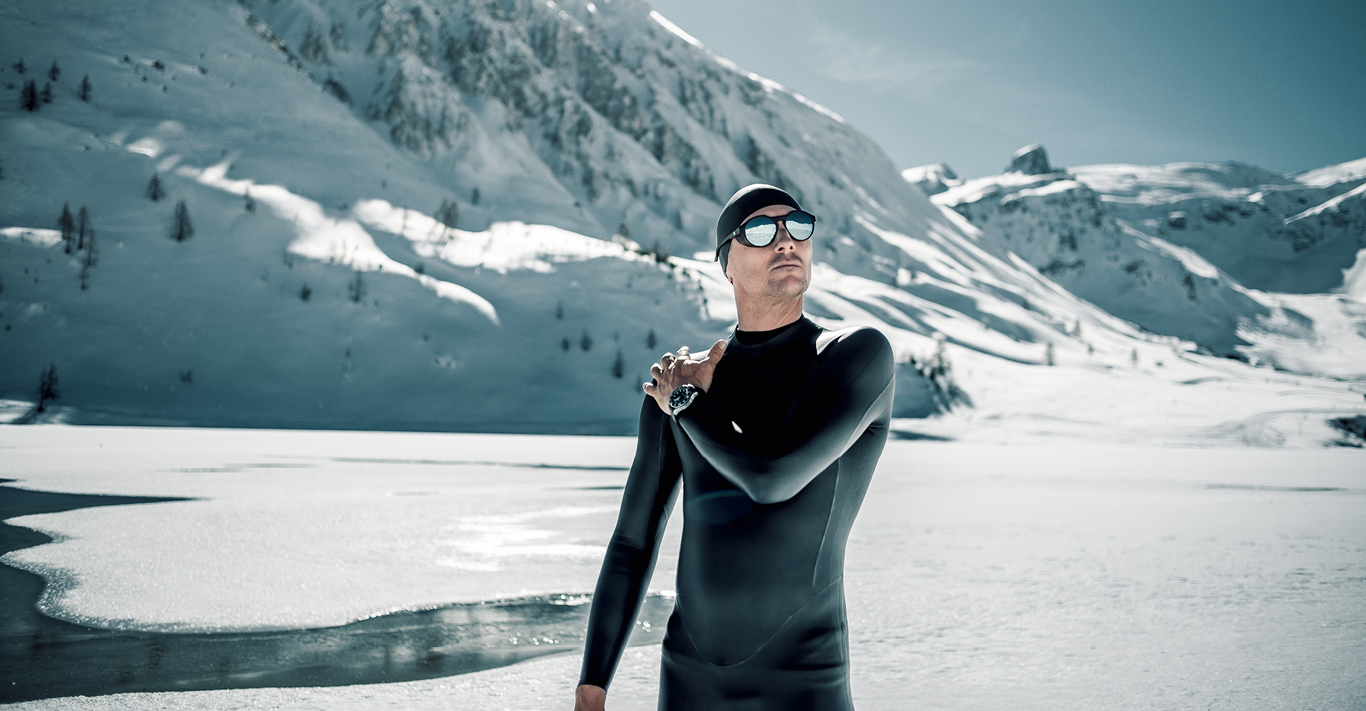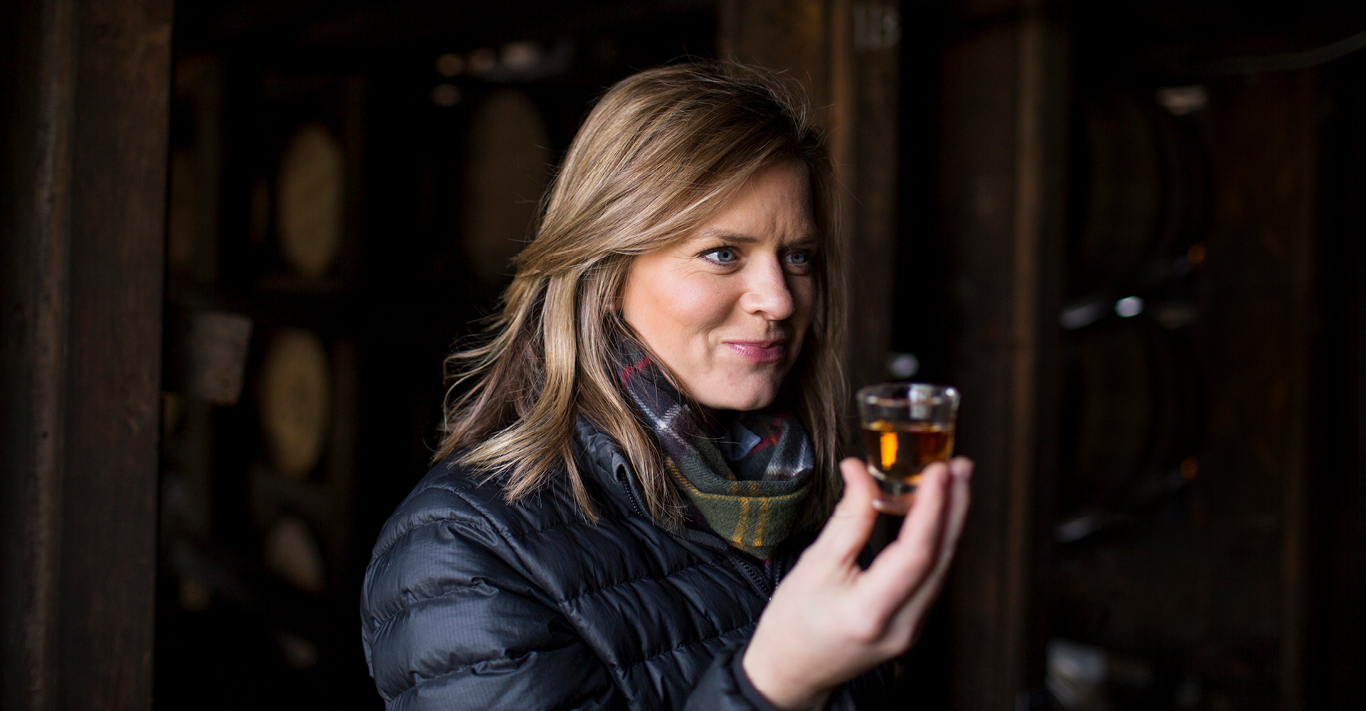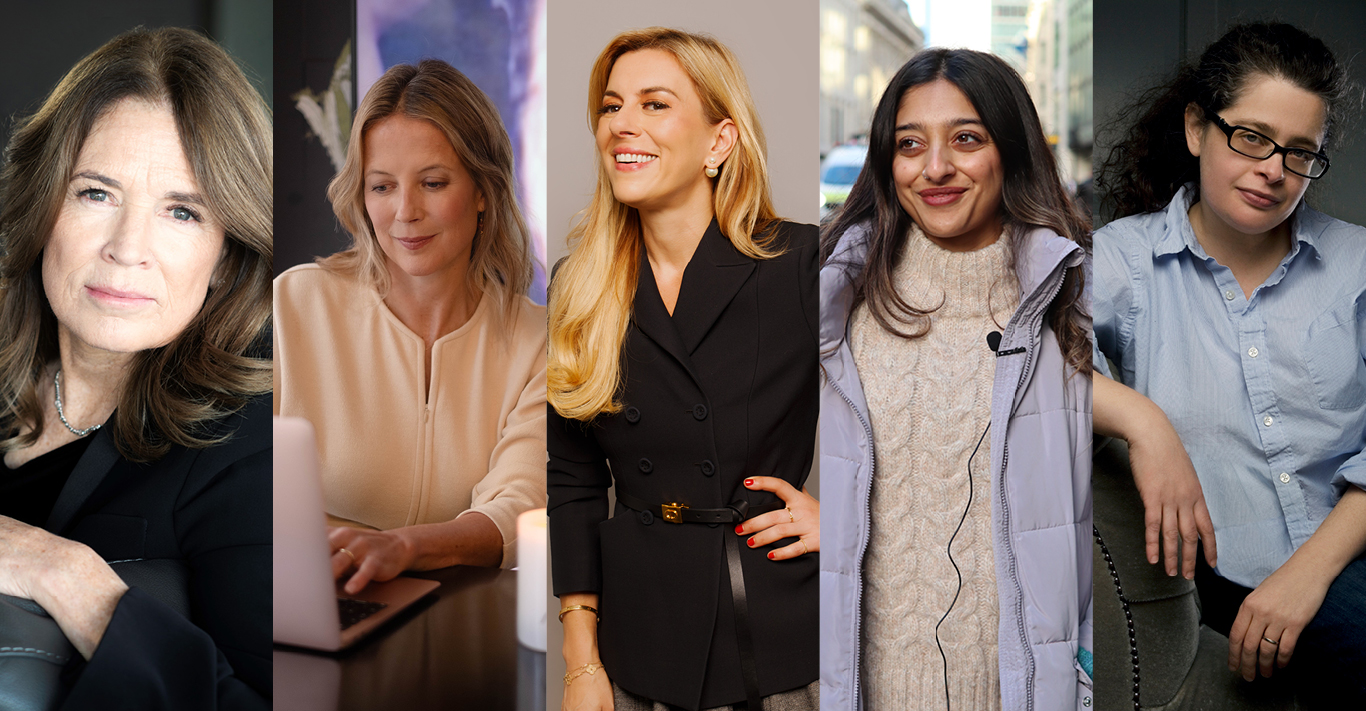I have spent my working life surrounded by luxury, and throughout my career I have innovated, led and lobbied resulting in the recognition and considerable improvement in the prestige of the British luxury industry, at home and abroad. Working with luxury brands, I have seen their success stories and their struggles. I try to help where I can: to mentor, advise in times of crisis, and connect people together. It’s what I enjoy and gives me purpose.
In recent years, the problem of an immense decrease in footfall to stores has been high on the agenda. Truthfully, I do not feel as a luxury industry we have been able to tackle this issue. While luxury was once perceived as the most expensive or well-known product, today it is about something more intangible, based on creating an experience that touches the consumer and remains with them, through the product, service and retail environment – both real world and virtual. It is focused on quality, value, and the theatre of shopping.
Spending habits are changing and given the rising influence of online shopping, and loose brand loyalties – consistent luxury buying cannot be relied upon. This combined with high rentals and business tax has taken its toll. Our famous fashion streets were becoming less and less crowded year on year, high streets disappearing. As a result of these emerging trends, brands were seeking new ways of targeting their consumers, and innovative ways of driving traffic back to their brick-and-mortar stores.
I felt strongly that I needed to do something in my own way to help and promote British luxury brands and the luxury industry as a whole and connect to an affluent audience. I also believed this should be via the traditional shopping method, and that we must bring back ‘the human touch’ by creating wonderful in-store experiences and promotions. Both to encourage spenders to return to the stores, and also because the younger generations are still looking for brands that are able to balance their online presence with a great shopping experience in their real-world stores. So together with my co-founder Andrea Koday-Voros we embarked on our mission to establish this incredible community of brands and luxury buyers through ISO Luxury.
I wanted to create something unique; something that has never been done before. And we did it. Through self-funding, we have pulled more than 130 brands together, built and launched the ISO Luxury App, and have recruited members in just three months.
ISO Luxury is an exclusive lifestyle members club for discerning shoppers of the world’s finest brands. It’s an application where members benefit from unrivalled offers exclusively available in-store and soon online.
ISO Luxury’s aim is to offer high-net-worth individuals a community, through which they can build on their lifestyle and enjoy exclusive experiences. We provide our members with privileged access to brands on a strictly bespoke basis, opening the doors to behind the scenes access, money-can’t-buy factory and atelier visits, appointments with head designers, to name but a few. Members also have access to unique privileges, exclusive promotions, VIP appointments, and a concierge service that is expert in tracking down rare and hard-to-find items.
We see ourselves in the role of trendsetters and industry leaders; our mission is to connect luxury brands with high-net-worth customers. Within the ISO Luxury community, we cover everything from fashion, watches, jewellery, motors, travel, beauty and wellbeing to hotels, events, interiors, and fine dining. Members can also revel in exhilarating cultural and sporting events.
I’ve been able to do this thanks to my experience prior to starting ISO. As founder of the Financial Times’ How To Spend It, Great British Brands and having built up Walpole British Luxury over the years, l have mentored a number of now world-famous and successful brands. I have built up the trust and support of brands CEOs, a thorough knowledge of the industry and a large black book of contacts. Many of our brands were eager to get on board and be represented on behalf of ISO Luxury.
Those participating in ISO Luxury include fashion brands such as Amanda Wakeley, Paul Smith, Roland Mouret, Vivienne Westwood and Jimmy Choo, luxury businesses such as Boodles and Dunhill, as well as upmarket clubs and hotels including The Athenaeum, Cliveden, The Goring and The Savoy. Lifestyle brands include wine merchants such as Berry Bros & Rudd and Brompton Bicycle, travel from Abercrombie & Kent, Cookson Adventures and The Thinking Traveller, and beauty from Czech & Speake, Floris, Trueffit & Hill. This is naming just a few of the 130-plus brands we’re working with.
Our members range from Founding ISO Luxury customers who are drawn from private banks in the Middle East and Switzerland, asset management companies and multi-family offices with prominent clientele and pre-screened retail spending power ranging between £100,000 and £1M per year per person. We have partnered up with private member clubs, and associations such as the Qatari Women Business Association and we are looking to bring even more of these partnerships on board to expand our member base very soon. We have also gained members by hosting exclusive events with wealth management companies and existing members have been extending invitations to their friends and family. From Russian billionaires to Sheikhs and Sheikhas of the Middle East through Chinese business titans all the way to local high net worth British families. It is an exclusive circle for the elite.
ISO Luxury believes in the power of the in-store experience. Bricks-and-mortar luxury retailers have their secret weapon – the personal touch. Knowledge and service is king. The interest in experience over the accumulation of goods means that luxury products must become part of the story-telling process and memories. Shoppers want brands that are rooted in heritage, tell a story and are of such authentic quality that they can be passed down to the next generation. Our initial business model focused on connecting ultra-high-net-worth individuals to luxury brands by driving traffic into their flagship stores. However, due to the lockdown this has not been possible.
Covid has shifted the focus even further away from the high streets and stores. So as an industry we must find a collective way to connect our stores with the end user both in person and digitally. By offering virtual shopping tours, VR experiences, events, workshops we can make store visits attractive to a luxury spender today. This is where we are heading. At ISO Luxury we are becoming the digital connection point between stores and shoppers. A lifestyle hub that has all the stores in one place with addresses, a locator, opening hours, dedicated and named customer helpers, showcasing exclusive and rare products, trending items, promotions and more.
What draws me into the world of luxury is the fact that every day you learn and you adapt to the different challenges presented in front of you. You have to be resilient
As a short-term plan, we individually contacted every one of our 130-plus brands to see how they were operating as a result of Covid-19, which gave us an idea of how we can continue to engage customers during the pandemic. Many of the brands were, and continue to be, eager to offer personal shopping experiences, consultations over the phone or video call for ISO Luxury members. For example, owner Simon Cundey at Henry Poole & Co, and Trevor Pickett of Pickett London offered in-store video calls with our Members to showcase their wider collections and answer questions they may have. David Morris, Theo Fennell and Kiki McDonough offered our members one-to one telephone consultations via Skype an or Zoom to discuss their jewellery pieces. Purdey has similarly offered individual telephone conversation to walk customers through their collections with the brand’s store manager, Hugo Gaskin.
Our main focus has been on frequently communicating to our members what the brands are doing for the crisis, such as producing PPE, and how members can make purchases with the key contacts at the brands. I have been touched by actions some of our beloved brands have taken. For example, Emmy London has launched her creative projects to encourage families in their homes to sketch and colour their favourite shoe designs. Others have taken a unique approach to show their support to the NHS – floral designer Elizabeth Marsh with her #staypositive bouquets that she sent to the frontline workers to say thank you. Also, FLY Victor who flew health workers out to Gibraltar to aid the fight against the pandemic in mainland Spain.
I believe that through the means of luxury, we are able to tell a story and connect with people. It’s where artistry and attention to detail meet. Whether a product or experience that is both beautiful and rare, it is the timelessness and ‘aura’ that is created from the combination of uniqueness, innovation, fine craftsmanship, exquisite design, talent, entrepreneurialism, and outstanding service experiences.
I have no doubt that our role at ISO Luxury will be ever more important during and after Covid-19. We are forced to think outside the box in terms of how to approach our audience but we are constantly evolving, and I think this is what draws me into the world of luxury, is the fact that every day you learn, and you adapt to the different challenges presented in front of you. You have to be resilient.
The threat to the luxury industry is very real. The British luxury industry is worth £48 billion to the UK economy. The industry was hard hit during the 2008 recession, with a 9 per cent reduction in the sector’s value. Consumers held back on their spending as the demand for goods reduced due to economic uncertainty. However, those that survived quickly bounced back with the value of the luxury goods market steadily increasing since 2010. As a result of the recession, the industry stripped itself back and offered minimalist designs, relied less on wholesalers and developed a stronger connection with their customers to win over their loyalty.
According to research commissioned by BCG the global industry could see sales fall by almost 30% in the current crisis and the UK is unlikely to be an exception. The main issue is, unlike 2008, the stores are closed, which puts the industry at a distinctive disadvantage than a decade ago and supply and distribution is challenged and causing shortages. It is important that members of the luxury sector see the pandemic as an opportunity to re-connect with their customers and to provide help and support to the community.
If look at China, the stores have re-opened with success, as Hermes in Guangzhou took $2.7 million in sales on the day it re-opened. Now, in cities around Europe the high streets are starting to re-open, which is much quicker than we all expected. ISO Luxury will be releasing a campaign entirely focused on promoting boutique experiences to our Members as soon as circumstances allow, hoping we can kick-start in-store spending.
Going forward brands will need to be forward thinking in their business models and firmly place digital at the epicentre of their brand as well as focus on delivering a trusted service locally. It is really important and vital that brands are adaptable going forward and focus on different strategies for the new normal.
Furthermore, with the increasing threat of physical contact, brands need to find new ways to focus on experiences and the feeling of community. Big brands have started to create an augmented and virtual reality shopping platforms, showing their initiative when it comes to tackling the current situation. However, I believe that brands will want to revert back to the traditional in-store experiences as soon as possible and ISO Luxury will be on hand to help them during this process.
Luxury itself will always maintain its status. Nevertheless, we also have to face that any brand that want to survive in today’s world must to adapt to current times. Whether it is an emerging trend, a new wave of customers, or a challenge within the industry, people want to feel a certain emotional connection. The luxury industry has always been the leader of creating this sensation and I believe that no other industry can do it better.





